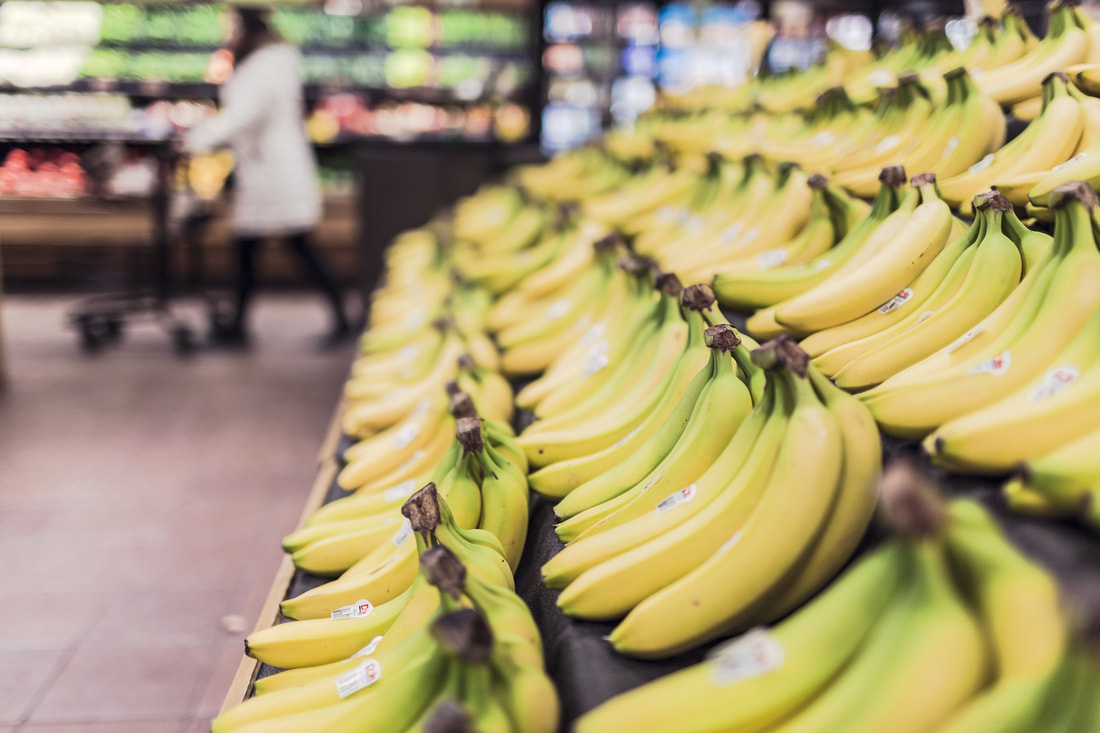Changes that were precedented to take place over the next few decades have been expedited to the present, and much like everything else, the food industry is revolutionizing as well.
A shift towards healthier food
If there’s one thing the pandemic has united us on, it is the collective demand for healthier food. While the former decade saw an ever-increasing demand for unhealthy snacks and fast food options, people are now eating to stay healthy.
Surveys show that at least 57 percent of global consumers are worried about their immune systems. Additionally, people are looking for food items that contribute positively to their overall physical and mental well-being.
As a result, there is a great emphasis on healthy product growth, organic foods, plant-based food, and other sustainable options that cater to better health.
Producing food that lasts
Interestingly while the demand for healthy food rises, there is also a significant shift toward processed and frozen foods instead of fresh food—which was considered healthier. This trend is influenced by the desire to purchase food items that last longer.
The pandemic has given way to unprecedented situations with unexpected lockdowns, production backlogs, and shortages. Moreover, people are less inclined to do grocery runs every day or so, opting for food items that can be purchased and stored in bulk. While fresh food still has its appeal, there is a greater market for processed foods, and as people realize its practicality and convenience, they are less likely to go back to old habits, which means this trend is here to stay.
Greater automation and advanced food processing technology
2020 was the year of lost revenues and failing businesses, so it is now essential for businesses in all industries, including the food processing industry, to move towards automation and greater efficiency. Experts believe that while automation may not work well for the economy as a whole or certain business, it certainly has its benefits for food manufacturers given the lack of available workers.
While some of the trends are only here until newer ones replace them, most of these are likely here to stay. If you are in the food production business trying to stay afloat during the pandemic, consider using advanced extrusion processing technology to make production smoother, more efficient, and cost-effective.

